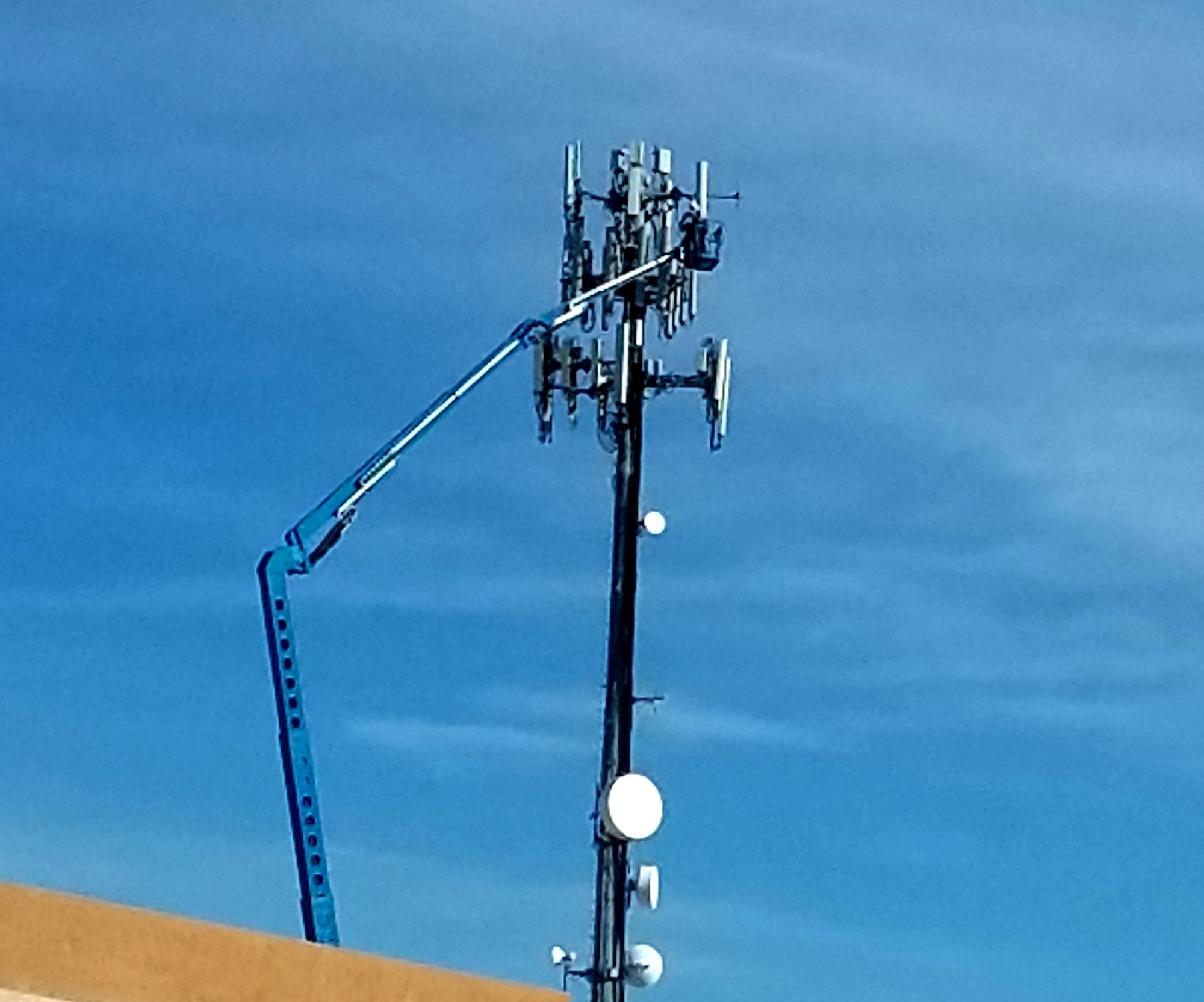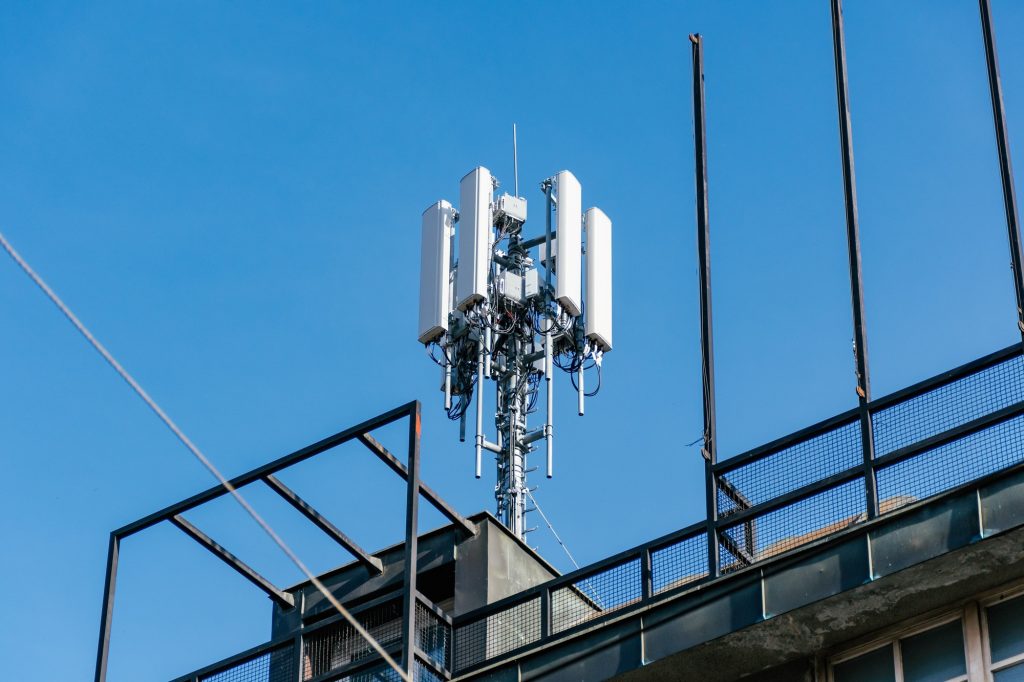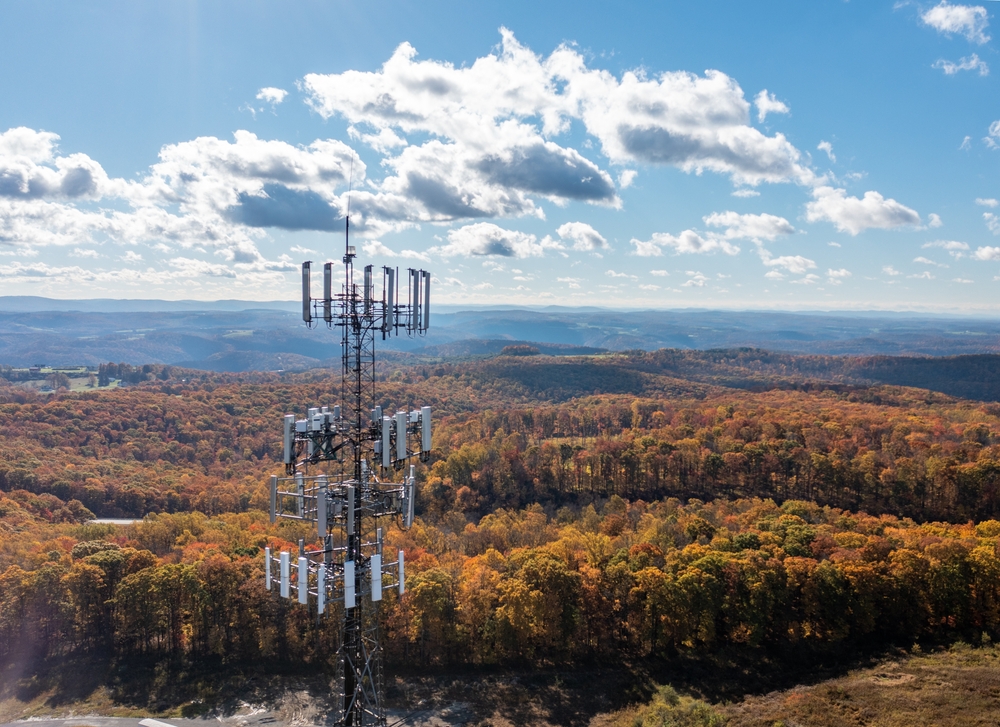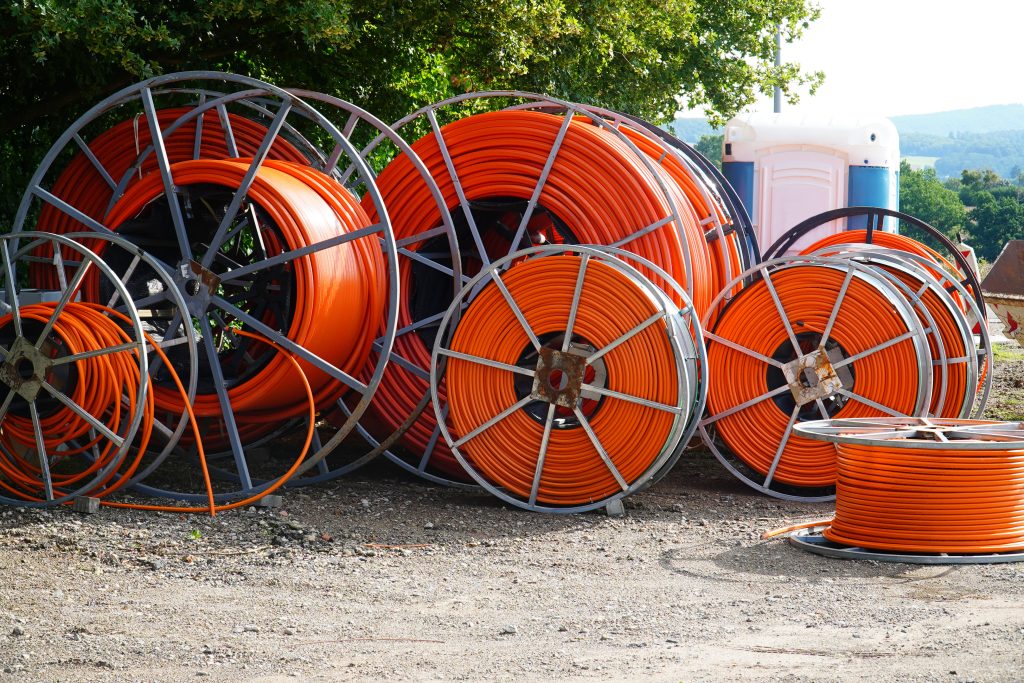FCC and ISPs Clash Over Customer Service Standards

The Federal Communications Commission (FCC) has launched an inquiry into the customer service practices of internet service providers (ISPs), citing consumer complaints about service quality and difficulties in switching providers. In response, industry representatives claim that existing competitive pressures ensure high-quality, user-friendly service, rendering additional regulations unnecessary.
FCC Unanimously Approves Transition to Advanced Vehicle Communication Technology

On November 20, 2024, the Federal Communications Commission (FCC) unanimously approved a Second Report and Order to transition the Intelligent Transportation System (ITS) from Dedicated Short-Range Communications (DSRC) to Cellular […]
West Virginia Office of Broadband Issues Guidance on Alternative Technologies for BEAD Program

November 15, 2024 The West Virginia Office of Broadband has released the “West Virginia BEAD Program Alternative Technologies Guidance” to assist providers utilizing alternative broadband technologies in meeting the Broadband […]
FCC Refers T-Mobile’s Acquisition of UScellular Assets to Team Telecom for National Security Review
The Federal Communications Commission (FCC) has referred T-Mobile’s proposed acquisition of UScellular’s wireless operations to the Committee for the Assessment of Foreign Participation in the United States Telecommunications Services Sector, commonly known as Team Telecom, for a comprehensive national security review.
FCC Warns ISPs Against Promoting Expired Affordable Connectivity Program

The Federal Communications Commission (FCC) has issued a consumer advisory warning that some Internet Service Providers (ISPs) continue to advertise the Affordable Connectivity Program (ACP), which ended on June 1, 2024, potentially misleading consumers seeking broadband discounts.
Pentagon Unveils Strategy for 5G Deployment Across Military Installations

The Department of Defense (DoD) has released a comprehensive strategy to implement 5G technology across military bases, aiming to bolster communication networks and support initiatives like the Combined Joint All-Domain Command and Control (CJADC2).
Leveraging Alternative Technologies to Bridge the Digital Divide in Rural America

The National Telecommunications and Information Administration (NTIA) launched its Broadband Equity, Access, and Deployment (BEAD) program to provide reliable high-speed internet to every household in America. While traditional fiber-optic and cable broadband dominate deployment plans, alternative technologies are emerging as a critical component for reaching the nation’s most underserved and remote areas.
Challenges in Broadband Expansion in West Virginia

Efforts to expand broadband access in West Virginia face a critical challenge: the rules governing utility pole attachments. While federal funding provides a promising opportunity to bridge the digital divide, disputes over pole access and cost-sharing could delay progress and leave underserved communities waiting for vital connectivity.

